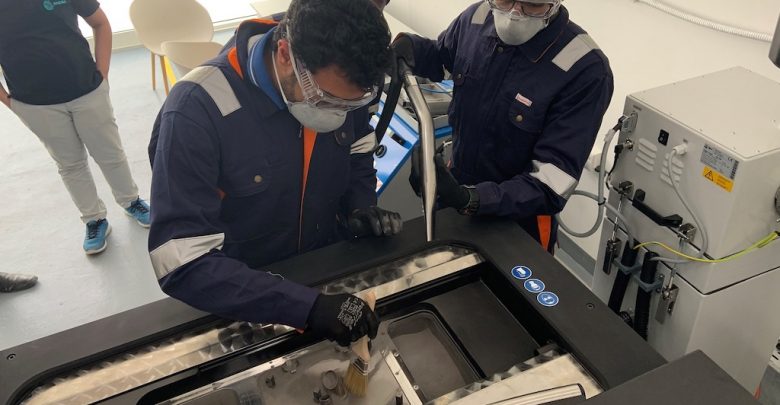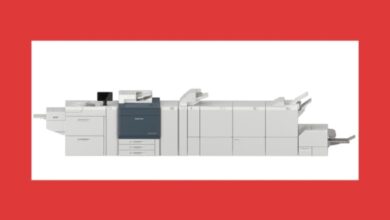Immensa Technology Labs Sees Demand for Local 3D-Printed Products

Immensa Technology Labs has revealed that it has witnessed a surge in demand for 3D printing due to the disruption in the global supply chain as a result of global economic challenges. The company is involved in Additive Manufacturing (AM or 3D printing) and was launched based on the Dubai 3D Printing Strategy. According to the company, local, regional, and international companies have turned to 3D printing as an alternative source of procurement for spare parts and products.
Immensa has seen rapid growth of 3D printing demand by progressive companies who are switching to the local production and procurement of spare parts using the most advanced additive manufacturing processes. This is in line with the ‘Dubai 3D Printing Strategy’ which enables companies to localise their supply chains and reduce their reliance on imports.
In his comments on the recent findings, Fahmi Al Shawwa, CEO & Founder of Immensa Technology Labs, said, “Building two world-class, 3D-printing facilities, one for metal 3D printing and another for polymers, in such a short period, is a testament to the dynamism of the UAE and our various partners, including Sharjah Research Technology and Innovation Park.” The market for 3D printing of spare parts in the UAE is expected to reach $600 million by the end of 2023. Fahmi added “The eco-system in the UAE enabled us to build a world-class organisation and take charge of the production of metal and polymer spare parts and components for companies from across the world for their regional operations.
Immensa, which was established in Dubai in 2016, has operations in Sharjah and Kuwait, and will soon be launching its Saudi branch. It started with four people and today boasts a team of more than 20 engineers, catering to companies from across Europe and the Middle East. Al Shawwa continued: “The vision of HH Sheikh Mohammad bin Rashid Al Maktoum is being fulfilled, and the government is providing UAE-based companies with an opportunity to counter the disruptions taking place in global supply chains. This will keep them competitive and able to maintain their operations with minimal efforts.”





